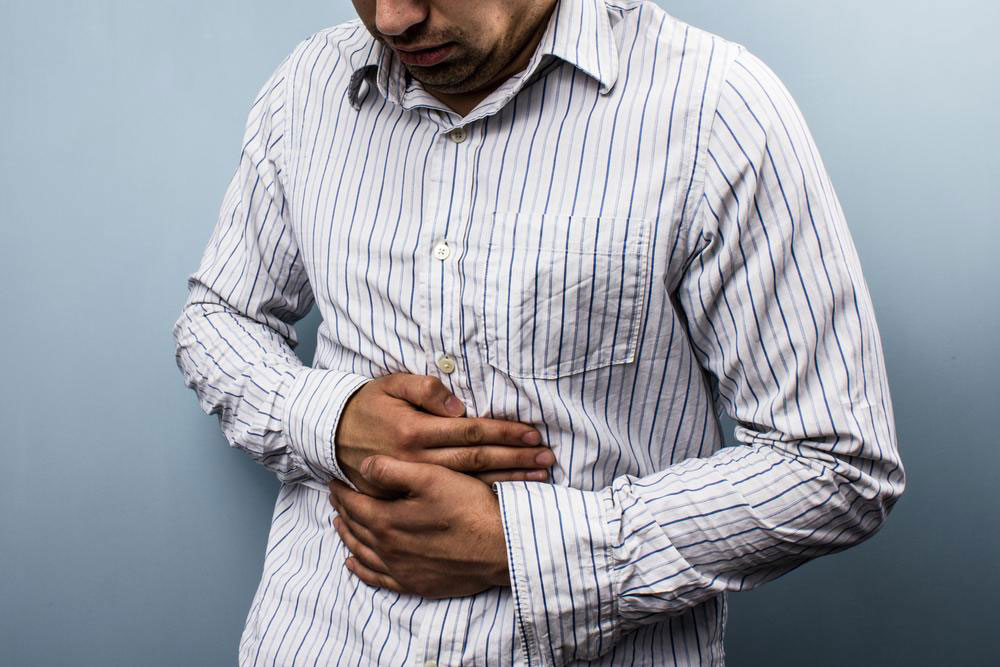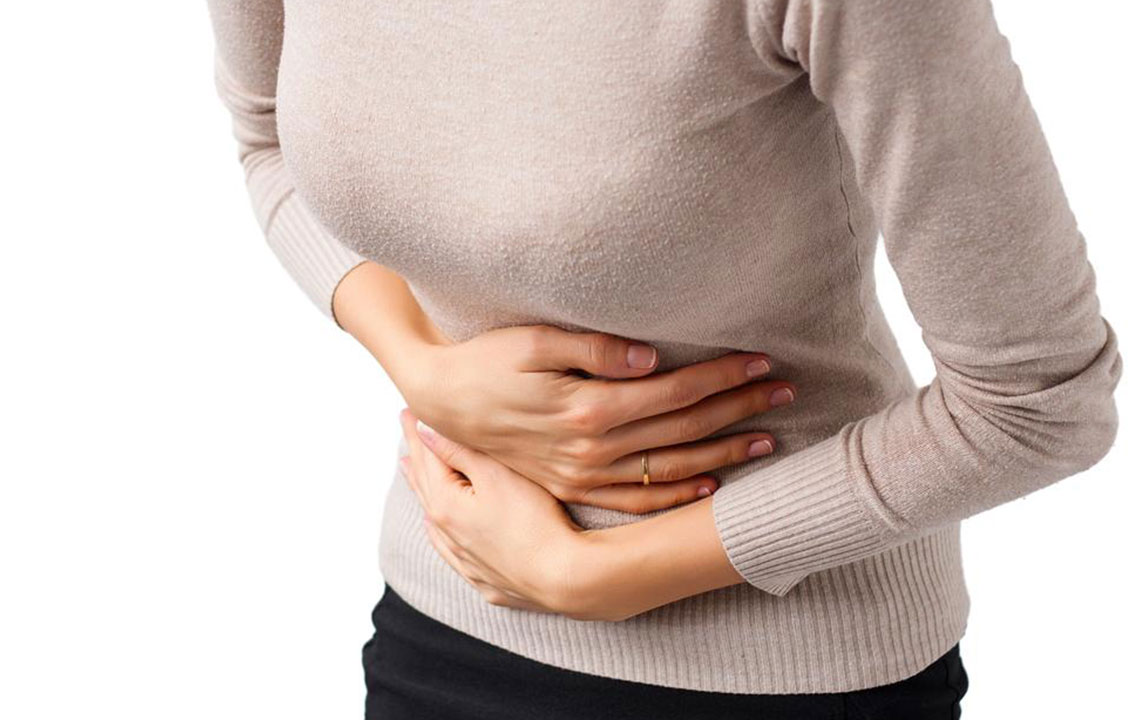Effective Natural Strategies for Managing C. Difficile Infections and Promoting Gut Health
Discover comprehensive natural strategies for managing C. difficile infections. This guide covers dietary adjustments, hydration tips, natural antimicrobial agents, and lifestyle habits to support gut health and aid recovery. Combining medical treatment with these natural approaches can optimize outcomes and restore intestinal balance effectively.

Natural Approaches for Supporting Recovery from C. Difficile
Clostridium difficile, often abbreviated as C. difficile, is a type of bacterium that poses significant challenges to intestinal health. It is a common culprit behind severe diarrhea, bloating, abdominal discomfort, gas, and nausea, especially following antibiotic use or compromised gut flora. While conventional medical treatments such as antibiotics and prescribed medications are essential, many individuals seek complementary strategies they can implement at home to support recovery, reduce symptoms, and restore gut balance naturally. This comprehensive guide explores various natural approaches, dietary modifications, and lifestyle habits that can aid in managing C. difficile infections effectively.
Understanding C. Difficile and Its Impact
C. difficile is a spore-forming bacterium that resides in the gut but can become problematic when the natural balance of intestinal bacteria is disturbed. Factors like antibiotic use, hospitalization, or a weakened immune system can trigger its overgrowth. The primary symptoms include profuse diarrhea, often with foul-smelling stools, dehydration, abdominal cramping, and fatigue. Severe cases may lead to complications like pseudomembranous colitis, which requires urgent medical intervention. Managing this condition focuses not only on controlling bacterial overgrowth but also on restoring healthy gut microbiota, which is where natural strategies come into play.
Dietary Adjustments to Promote Gut Healing
Adjusting your diet is fundamental in managing C. difficile infections and supporting the body's natural defenses. Incorporating probiotic-rich foods like yogurt, kefir, sauerkraut, kimchi, and other fermented products introduces beneficial bacteria that can help rebalance the gut microbiome. These probiotics compete with harmful bacteria, reducing their ability to thrive and produce toxins. Consuming probiotic supplements may also be beneficial, but it's essential to consult with a healthcare professional before starting any new supplement regimen.
In addition to probiotics, increasing soluble fiber intake supports gut health by promoting regular bowel movements and aiding in the removal of toxins and bacteria. Foods such as oats, bananas, apples, and carrots are excellent sources of soluble fiber. These fibers absorb water in the intestines, forming gel-like substances that can bind to bacteria and facilitate their elimination. Incorporating these foods into your daily diet can enhance gut motility and create an environment less conducive to C. difficile overgrowth.
Hydration and Electrolyte Balance
Dehydration is a common complication of persistent diarrhea caused by C. difficile. Maintaining proper hydration is crucial in preventing further complications and supporting intestinal recovery. Drinking plenty of water, herbal teas (such as ginger or chamomile), and electrolyte-rich drinks like sports beverages or homemade electrolyte solutions replenishes vital minerals like potassium, sodium, and magnesium. Replenishing electrolytes is particularly important if diarrhea is severe or prolonged, as it helps restore fluid balance and keeps organs functioning optimally.
Additionally, consuming potassium-rich foods such as sweet potatoes, spinach, and bananas can aid in electrolyte recovery. Proper hydration and electrolyte management not only support overall health but also help reduce inflammation and intestinal irritation caused by infection.
Natural Antimicrobial and Anti-Inflammatory Agents
Several natural ingredients possess antimicrobial properties that can help inhibit the growth of harmful bacteria like C. difficile. Raw garlic, for example, contains allicin, a compound with potent antimicrobial effects. Incorporating raw garlic into meals or consuming garlic-infused water can provide gentle antimicrobial support without interference with prescribed medications. Additionally, herbal remedies such as ginger, turmeric, and oregano oil have anti-inflammatory and antimicrobial properties that support gut healing.
It’s important to note that while natural antimicrobials can be supportive, they should never replace prescribed treatments. Always consult with a healthcare provider before integrating supplements or herbal remedies into your management plan.
Foods to Avoid for Better Healing
Avoiding certain foods can significantly ease digestive discomfort and promote recovery. Greasy, fried, or oily foods can irritate the intestinal lining and hinder healing. Caffeine-rich beverages like coffee, tea, and sodas may stimulate bowel movements and exacerbate diarrhea. In addition, foods high in insoluble fiber, such as raw vegetables, nuts, and popcorn, can be harsh on inflamed intestines and should be limited until symptoms subside.
By focusing on gentle, easily digestible foods, individuals can reduce stress on their digestive system and promote quicker recovery. It’s beneficial to stick to a bland diet, including cooked vegetables, rice, bananas, and applesauce, until symptoms improve.
Consulting Healthcare Professionals
While natural remedies and dietary modifications can play a vital role in supporting recovery from C. difficile infections, they should never substitute professional medical treatment. Proper diagnosis, medication such as specific antibiotics or probiotics prescribed by a healthcare provider, and ongoing monitoring are essential to manage and contain the infection effectively.
If you experience worsening symptoms, dehydration, or signs of complications, seek immediate medical attention. Always inform your healthcare provider of any natural supplements or dietary changes you plan to implement, as they can provide personalized advice and ensure safe integration with your treatment plan.
Conclusion
Effectively managing C. difficile infections involves a combination of medical treatment and natural strategies that support gut health. Dietary adjustments, hydration, natural antimicrobial agents, and lifestyle habits can all contribute to restoring healthy intestinal flora while alleviating symptoms. Always consult with healthcare professionals to develop a comprehensive treatment plan tailored to your specific needs. Embracing these natural methods alongside conventional care can enhance recovery and promote long-term gut health.





